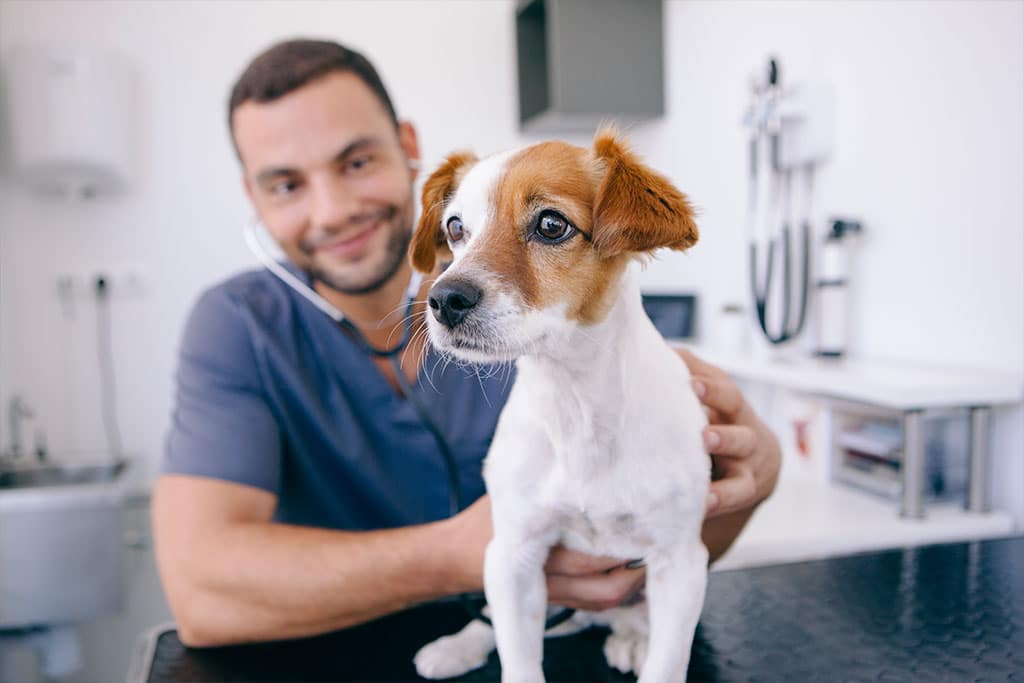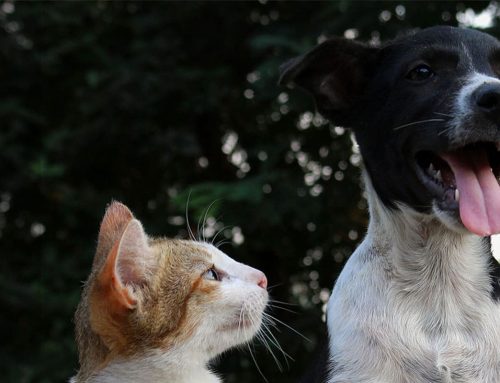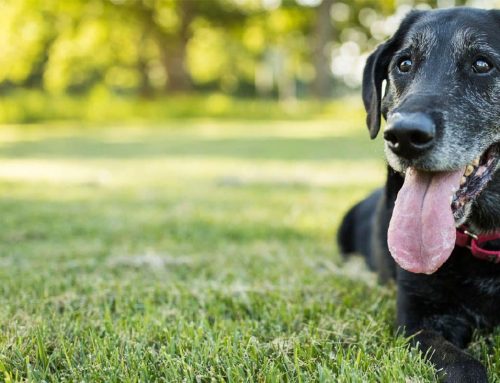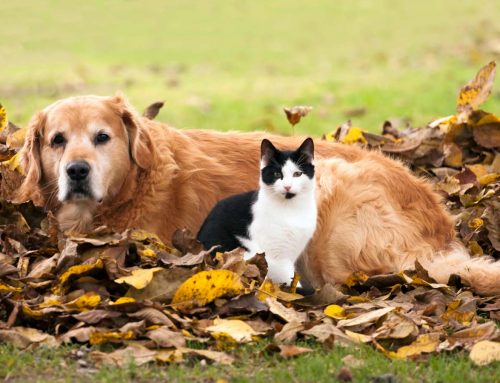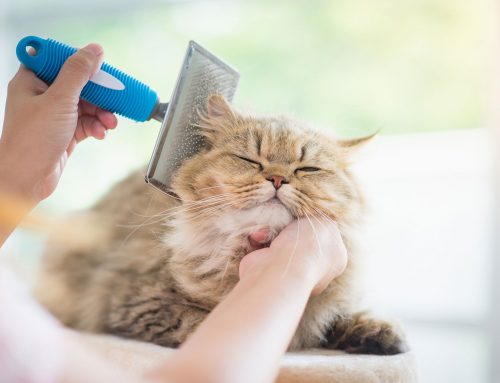WORMING
Worming should be carried out every 2 weeks until 12 weeks of age against roundworms and hookworms (eg Cancare), then once a month until 6 months of age, then 3-4 times a year with a broad-spectrum wormer that also controls tapeworms (eg Drontal or EndoGard).
VACCINATIONS
Usually carried out at 6,9 & 12 weeks of age, check dates on your dog’s vaccination certificate. This is a combination vaccine to protect your pup against the potentially fatal viral diseases of Parvovirus, Distemper and Canine Hepatitis and often protects against 2 of the viruses that can cause kennel cough. Ask your local vet about also vaccinating against Leptospirosis. A yearly annual booster should be given throughout your dog’s life. If your dog ever goes into kennels to board check if an additional kennel cough vaccination against a bacterium called Bordetella is required.
Isolate your puppy away from other unvaccinated dogs and public areas like parks, beaches and footpaths until 2 weeks after the full course of puppy vaccinations have been completed (ie. around 14 weeks of age). Parvovirus can survive on the ground for up to a year so unless you can be sure that no unvaccinated dogs have had access to a particular place then do not risk your pup’s life.
NUTRITION
Any quality dry puppy food biscuits available from vet clinics or pet shops are ideal (eg. Eukanuba Puppy, Hills Growth, Advance Growth, Royal Canin). Check with breeder what your puppy has been eating. Remember to introduce any new foods gradually.
Pups up until 12 weeks of age should get 4 meals per day, 3 – 6 months 3 meals per day and dogs older than 6 months should be fed twice daily.
Dog rolls contain relatively poorer quality ingredients and are often not “complete and balanced” with correct amounts or proportions of vitamins and minerals for growing pups. Raw meat is not a balanced diet by itself.
Homemade diets are not recommended unless you have a very high level of knowledge of canine nutrition because this is often a cause of problems. Good quality foods such as those previously mentioned DO NOT need calcium supplementation (eg. Bonegrow).
Tinned foods are not necessary for pups older than 8 weeks. They contain mainly water (>75%) and often lead to large amounts of faeces being passed due to high levels of cereals.
Take care with bones. They are a frequent cause of many problems, sometimes very serious. Pups lose their baby teeth and the adult teeth come through between 3 and 6 months. During this time they love to chew almost anything. Rawhide and other similar “dental bones” are a safer option especially in pups <6months. Tooth brushing is the most effective and safest form of dental care.
Plenty of fresh water should always be available.
NB Some dogs love to eat and chew on almost anything else they can stick in their mouths! Many a veterinarian has had to surgically remove from dogs stomachs items like socks, stockings, peach stones, golf balls to name a few things so don’t leave tempting items like these around.
FLEA TREATMENT
If you live in the north half of the North Island then it is inevitable that your pup will pick up fleas, especially if you have other pets (including cats) and more so when your pup is old enough to start going out in public places.
Luckily there are a number of very safe and effective flea treatments available that kill adult fleas. Some of these also will kill flea eggs, larvae and/or pupae. Advantage, Revolution and Advocate are all topical spot formulations that last for a month. Frontline can last for up to 2 months. Comfortis is a new treatment for fleas which comes in a tablet form. It kills adult fleas within 4 hours and lasts for a month. Flea collars, powders, rinses or shampoos are generally ineffective and in some cases are more toxic to the pup than to the fleas!
PET INSURANCE
As illness and accidents are always possible, it is very worthwhile investing in pet insurance for your new companion. This can be invaluable as veterinary care can in some cases involve major expenses.
EXERCISE
Exercise is an important factor that contributes to a dog’s health and wellbeing. However, it is also important to take things slowly. Larger breeds of dogs such as Labradors grow until they are 18 months of age.
Until their bones have finished growing it is important to avoid high impact exercise such as hard running and jumping.
When your pup is still small in the first few months, it is also advisable to discourage climbing and jumping up and down steps and onto furniture. It is not unknown for leg bones to fracture or damage to the cartilage growth plates to occur with seemingly low level falls. This can in some pups lead to crippling problems later. Walking is an excellent form of exercise as it helps to strengthen muscles without potentially damaging bones or joints.
DESEXING
It is advisable for pet dogs to be de-sexed.
For bitches this is called speying and involves the surgical removal of the uterus and ovaries and means that she will not come into “season” or “heat” and therefore be unable to reproduce. This is best performed around 5 – 6 months of age, before her first season, which usually occurs between 6 and 9 months of age. Speying can be delayed to after the first season, but there is no real great advantage in doing this. Early speying before the first season virtually eliminates the risk of her developing mammary (breast) cancer later in life and prevents any chance of reproductive infections or cancers developing. Speying a younger bitch also helps to minimise the chance of weight gain post-speying as she is still growing and food intake is being adjusted to account for this already.
Male dogs can be castrated at any age from 5 months. Castrating prevents the development of testicular cancers and also reduces the tendency to develop hormonally dependent problems such as benign prostatic hypertrophy (enlargement). It will also help to reduce the tendency for male dogs to cock their legs and mark everything in sight with urine (if performed when the dog is 5 – 8 months of age)!
MICROCHIPPING
Local councils legally require all newly registered dogs to be microchipped. This applies to all puppies.
A small transmitting device the size of a large grain of rice is implanted under the skin with a large needle. This is a quick procedure which only takes a minute to perform. A form is completed which is taken to the local council when registering your pup. Another form is completed which is sent to a New Zealand database which stores the microchip number of your pup so if he/she is lost and found later then identification is possible.
MISCELLANEOUS
Your section should be fenced and shelter provided for your dog.
Pups should be registered with your local council at 3 months of age.
It is a good idea to enrol your new puppy in a local dog obedience class near you. We run puppy preschool classes for young pups which help with socialisation of the pup with other people and pups in a safe environment. You can start to teach your pup basic commands from a very early age at home.
GOOD LUCK & ENJOY!!!

